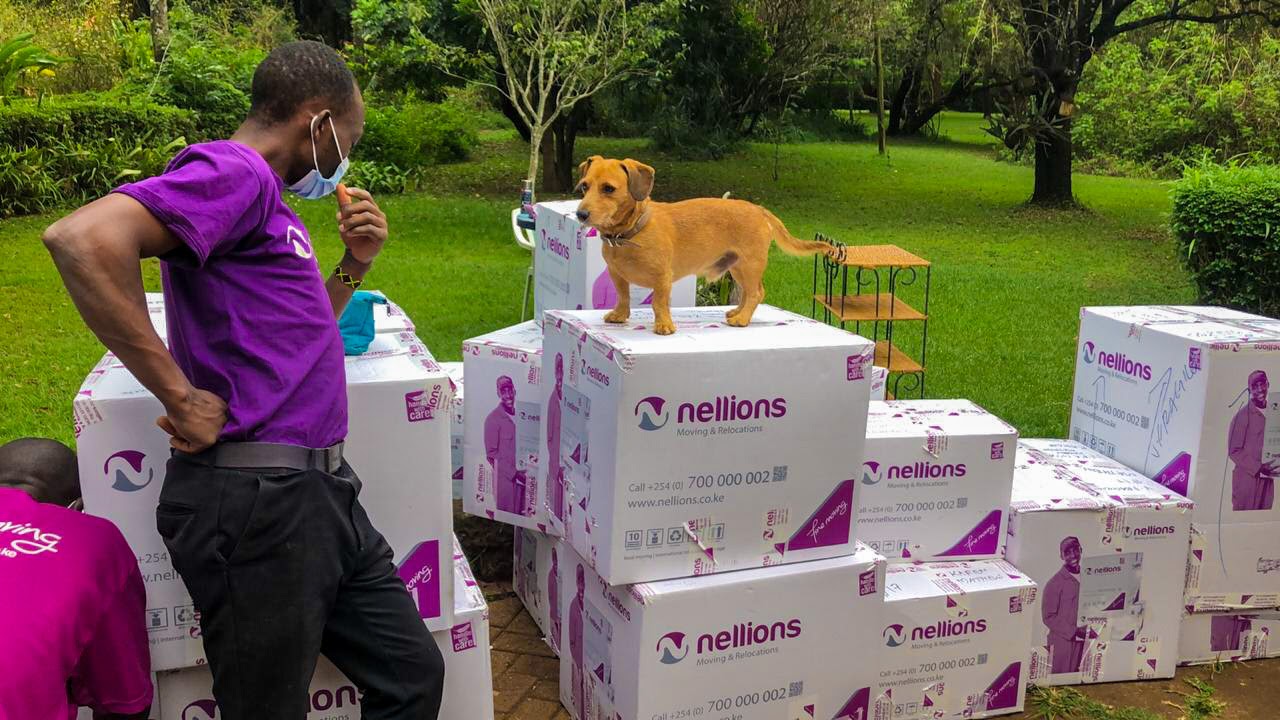Last updated on August 25th, 2022 at 02:36 pm
You might be a Kenyan who’s wrapping up an exciting and fruitful career in Dubai. You could even be a Dubaian who’s gotten the chance to live and work in Kenya. Whatever the case, you’re here because you’re curious about what to expect when moving from Dubai to Kenya.
Dubai happens to be the most populous city in the United Arab Emirates (UAE). Dubai is also one of the wealthiest of the seven emirates that make up the federation of the United Arab Emirates. Therefore, Dubaians who hold UAE citizenship are called Emiratis.
Since it’s considered the business hub of the UAE, Dubai is a favourite among expatriates. It has numerous work opportunities, favourable tax laws, and no income tax.
Though the summer heat can be otherworldly, Dubai has extremely advanced and modern infrastructure, which allows it to market itself as a great shopping destination.
Based on observations made by members of the International Association of Movers, Dubai attracts the biggest number of relocation inquiries than any other city in the world.
Indeed, Kenyans travel regularly to Dubai to buy furniture, household and office electronic appliances, motor vehicles, and motor vehicle spare parts.
An examination of Kenya and the UAE’s trade profile reveals that the UAE exported $1.34 billion to Kenya in 2020. On the other hand, Kenya exported $338 million to the UAE.
While the UAE’s major exports to Kenya were refined petroleum, broadcasting equipment, and propylene polymers, Kenya’s major exports to the UAE were refined petroleum, tea, and sheet and goat meat.
Here’s what you need to know about moving from Dubai to Kenya.
1. First Arrivals Must Meet Certain Conditions to Import Used Household Goods and Personal Effects Duty-Free
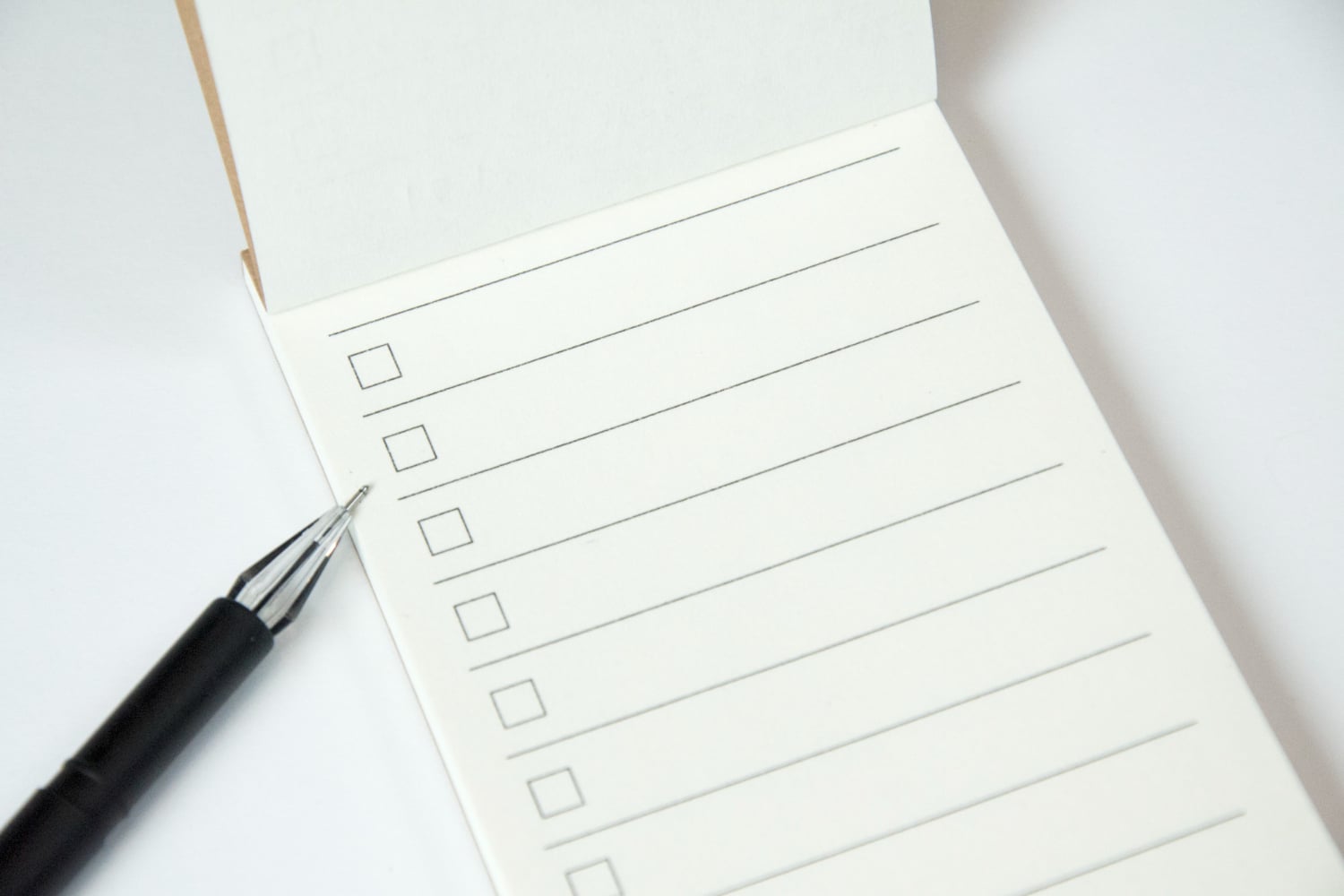
First arrivals coming to Kenya for a new contract are exempted from paying taxes on their household goods and personal effects, as well as one motor vehicle.
As a first arrival, your household goods and personal effects must also:
- Have been owned and used for at least one year
- Be imported within three months of the issuance of the work permit
- Not be sold, lent, or disposed of in any other way for the duration of your stay
However, first arrivals seeking this exemption must have a work contract whose term isn’t less than two years. You must also not have resided in Kenya before your arrival other than on a temporary non-resident visa. Additionally, you shouldn’t have been granted a similar exemption before.
2. Returning Residents Must Also Fulfil Certain Conditions to Import Used Household Goods and Effects Duty-Free
Returning Kenyans can also enjoy duty-free importation of their household goods and personal effects provided the following conditions are met:
- You must be over 18 years old if you intend to change residence and come back to Kenya
- You must have proof that you lived abroad for two years and you must import your effects within three months of arrival
- You must not have visited Kenya for a cumulative sum of more than 90 days in the last 2 years before the last date you entered the country
- You must have a valid and original passport (if your passport was issued within the last two years, you’ll need to provide the older passport too)
Please note: Customs will check the entry and exit stamps on your passport to verify the length of your stay abroad. Additionally, any new items are subject to duty.
3. Diplomats Qualify for Duty-Free Exemptions When Importing Household Goods and Personal Effects
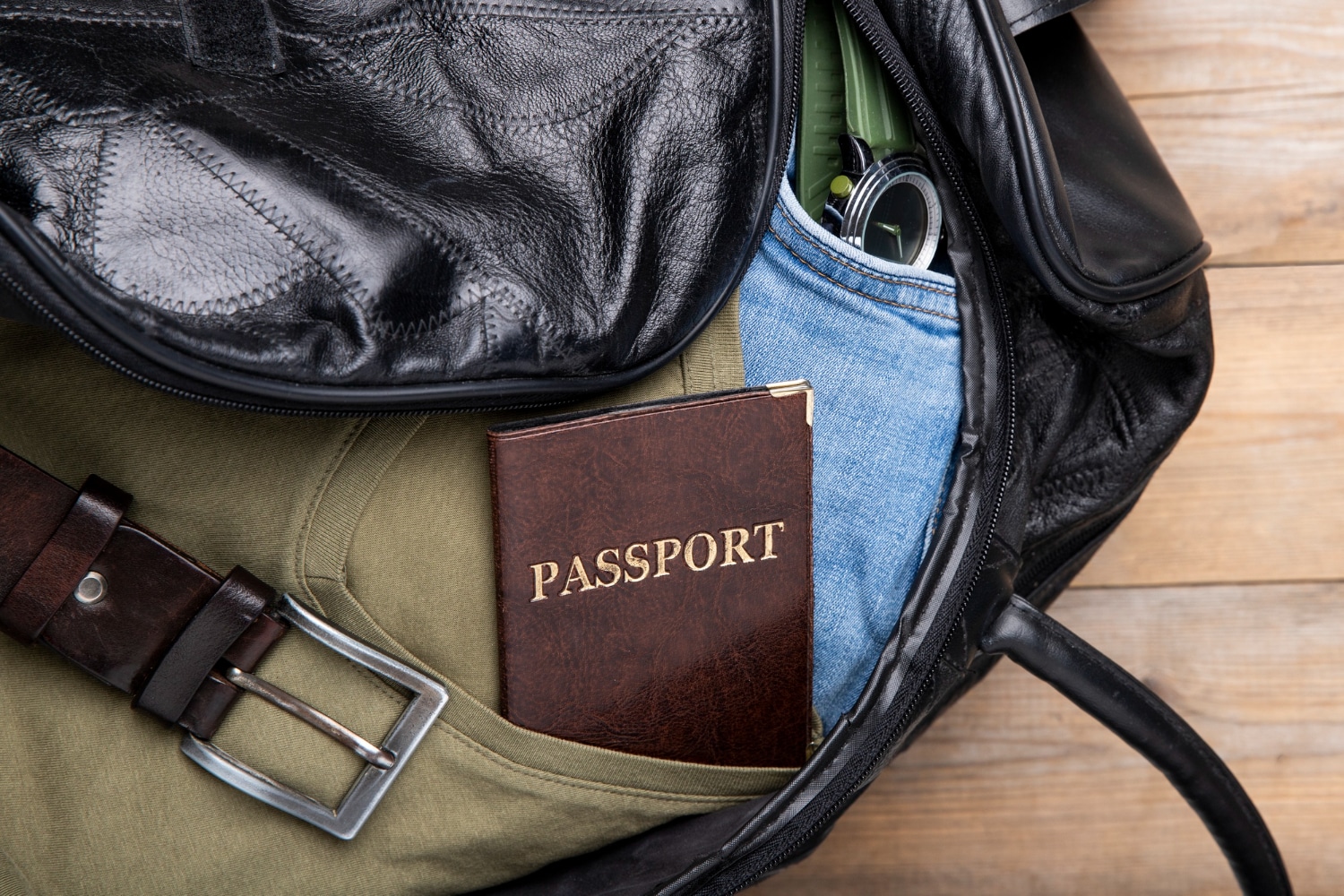
Diplomats who’ve been posted to Kenya also qualify for duty exemptions. However, they must process a tax waiver referred to as Pro 1B for their household goods and effects. The Pro 1B form also exempts diplomatic goods from customs inspections.
Diplomats wishing to import alcohol must process the Pro 1A form and, like the Pro 1B, get it approved by the Ministry of Foreign Affairs. Apart from the Pro 1B and 1A (when applicable) forms, diplomats must also have these documents:
- An original passport
- A KRA PIN certificate
- A comprehensive inventory
While Kenya doesn’t inspect diplomatic shipments, diplomats must be present in the country for customs clearance when their shipments arrive. Diplomats must also process their Pro 1B and 1A forms while in the country.
4. You Need These Documents to Import Household Goods and Personal Effects
You’ll need the following documents to import household goods and personal effects into Kenya:
- Original passport
- Original work permit or residence visa
- Insurance certificate
- KRA PIN certificate
- Original bill of lading/air waybill
- Packing list
- Bank release
- Form C-18 Declaration (signed)
- Power of attorney
- Comprehensive valued inventory
You’ll need three signed copies of a comprehensive valued inventory in which you detail what’s in each numbered box you’re importing.
A power of attorney, on the other hand, gives your Destination Agent the authority to arrange customs clearance for you.
If you wish to arrange for duty-free clearance of your goods, then you must express mail your documents to your Destination Agent 15 days prior to arrival.
5. You Must Be Present in the Country For Customs Clearance

Whether a diplomat, expatriate, or returning national, you must be present in Kenya during customs clearance.
Remember, all non-diplomatic shipments are subject to 100 percent customs inspection.
Customs will inspect your imported household goods and personal effects against your declaration. If there are no discrepancies, then your shipment will be released.
Since the owner of the goods must be present for customs clearance, your shipment may be moved into a customs bonded warehouse pending your arrival. However, the shipment’s storage should not exceed 12 months.
Bonus Tip: Expatriates don’t need to be in the country to submit their work permit applications. However, they do need to be physically present in Kenya to have their passports endorsed with their work permit.
6. Some Items Are Restricted/Dutiable While Others Subject to Radioactive Analysis
Some items may qualify for free import, but limits apply. For instance, if you’re 16 years and older, you may import:
- 50 cigars
- 200 cigarettes
- ½ pound of tobacco
- 1 bottle of alcoholic beverages
- 1 pint of perfume
Kenya subjects all alcohol, cosmetics, perfumes, toiletries, and foodstuffs you import to radioactive analysis, which costs Ksh 3,000 per sample for every item.
Meanwhile, weapons, wild flora and fauna, and birds and their products require various types of permits or licences, including:
- Firearm certificate
- Plant import permit
- Sanitary import permit
You may relocate with your pet to Kenya, but you’ll need:
- Vaccination records (including a rabbies certificate)
- A veterinary health certificate
- An import permit
Kenya doesn’t consider computers to be household and personal goods. This makes them subject to tax and duties if they’re not part of a diplomatic consignment. You’ll also pay tax and duties on any new items you import, as well as fabrics.
Finally, certain items are expressly prohibited in Kenya. These include but are not limited to narcotics, animal traps, game trophies, explosives, pornographic or subversive literature, counterfeit currency, and gambling machines.
7. You May Import One Motor Vehicle Duty-Free
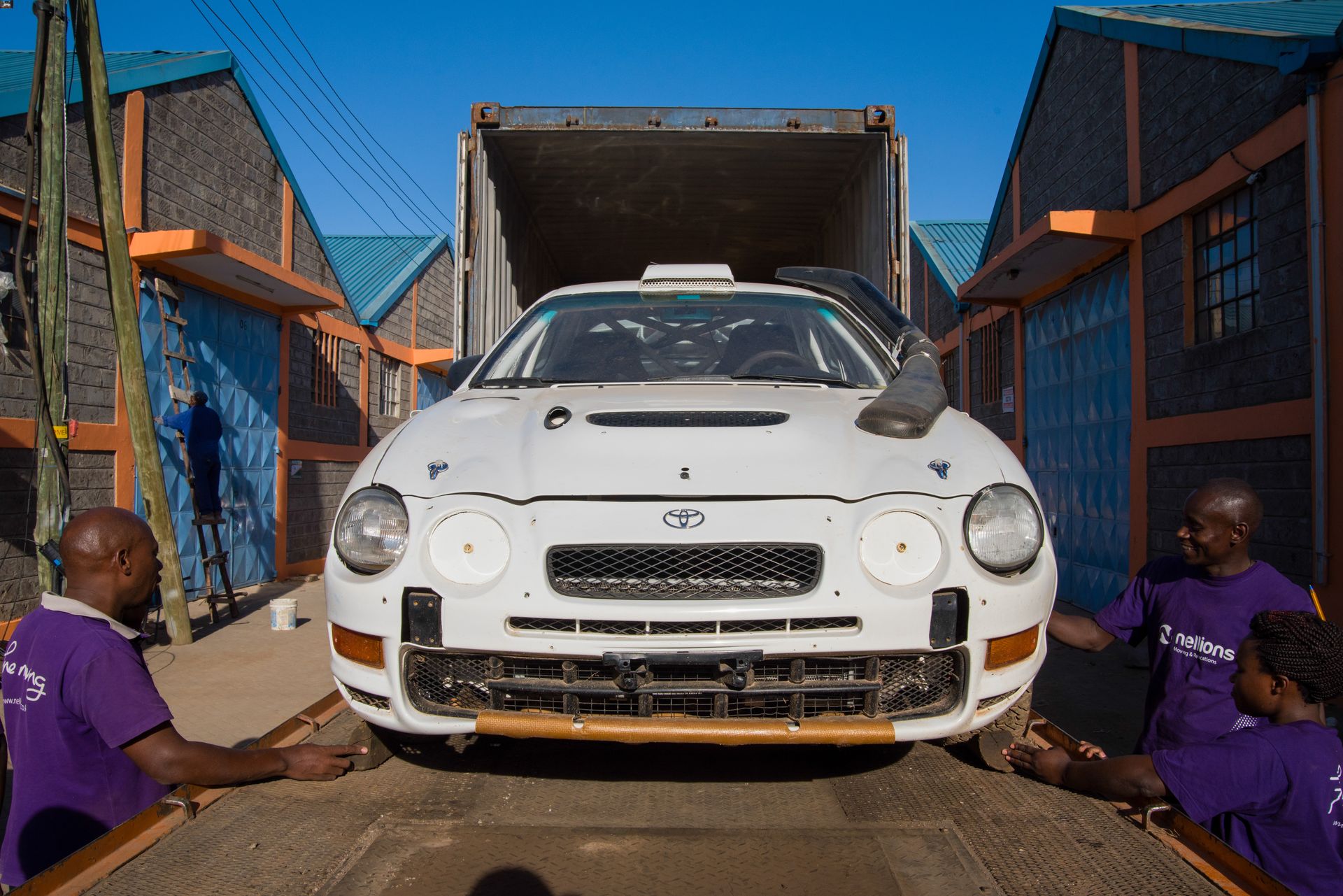
Kenya allows diplomats, first arrivals with approved work permits, and returning citizens to import one vehicle duty-free. However, you must have met the conditions outlined in the first three sections of this article to qualify. Additionally:
- The vehicle can’t be imported if it’s over 8 years of age
- The vehicle must have an engine capacity of less than 2,500cc
- You’re only allowed one duty-free car as a returning resident in your lifetime
- The vehicle must have been owned (registered in your name) and used for at least 12 months
- The vehicle can’t be sold or transferred to another person for at least 12 months if it’s imported duty-free
- You can’t import a left-hand vehicle (unless authorised for special purposes by the Ministry of Transport)
Vehicle registration can take up to 10 days beyond the clearance of your household goods and effects. Therefore, sending the shipment documentation to your agent at least one month before your vehicle arrives is advisable.
Doing so will reduce the possibility of incurring detention or demurrage costs, especially since the vehicle can’t be released from the port before it’s registered.
8. Certain Documents Are Required to Import Your Motor Vehicle
When you’re importing your motor vehicle duty-free into Kenya, you’ll need the following documents:
- Original passport
- KRA PIN certificate
- Original work permit
- OBL—Original bill of lading
- IDF—Import declaration form
- COC—Certificate of Conformity
- Original logbook/Certificate of registration (in English)
The Certificate of Title and Registration (logbook) must be in your name. It must also state the vehicle’s chassis and engine serial numbers, as well as its capacity. As for the OBL, it must state the vehicle’s chassis and engine numbers, as well as weight, make, and model.
If your car is coming from Dubai, a pre-inspection must be done before shipping so that a Certificate of Conformity can be issued.
Avoid costly delays and pitfalls by learning about the documentation and crucial things you must keep in mind when relocating to Kenya with your used motor vehicle.
9. You Need to Sort Out Any Tax Issues Before Shipping Your Consignment
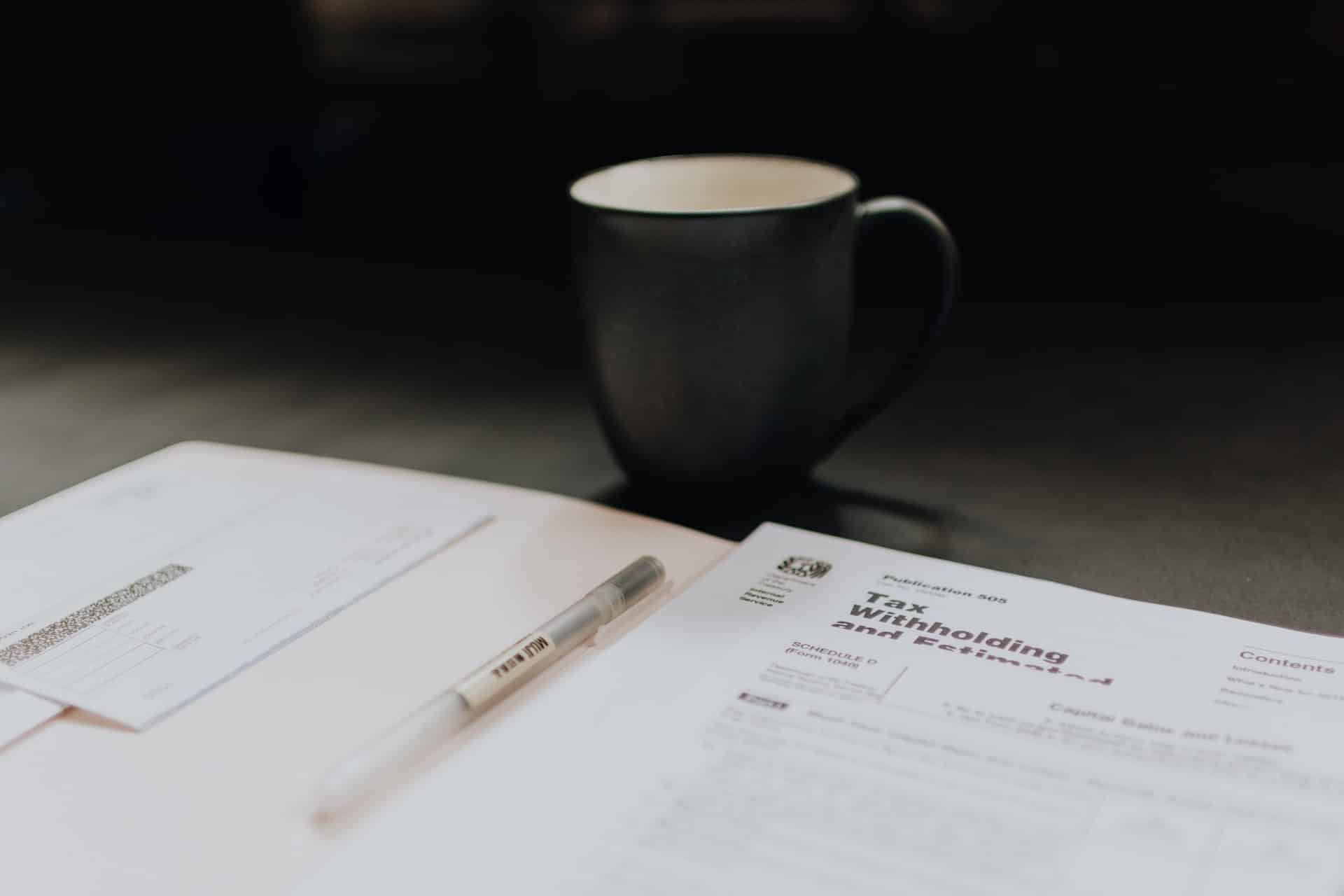
It’s prudent to check your status with the Kenya Revenue Authority (KRA) before shipping your household goods and personal effects.
The implication of domestic tax in the moving process is such that people with issues such as uncleared taxes can’t register an import customs entry using their KRA PIN.
Therefore, returning citizens with unfiled returns, outstanding taxes, or other unresolved issues with KRA’s domestic taxes department can’t clear their cargo until all arrears are settled.
In the same vein, it’s crucial that first arrivals obtain a KRA PIN whether they are importing goods via sea or by way of air shipments. There’s no way around getting a KRA PIN as goods must receive a release from Kenya’s tax authority before clearing customs.
10. Moving from Dubai Takes 3 to 4 Weeks by Sea or 3 Days by Air
It’ll take about 3 to 4 weeks to move your household goods from Dubai to Kenya by sea. Conversely, it takes about 3 days to do so by air.
Thankfully, you don’t have to fuss and stress over all the intricate details a relocation demands if you’re moving from Dubai to Kenya. A reliable international moving service can help you import your shipment to Kenya, clear it with customs and port authorities, and deliver it to your door.
If you engage Nellions, your consignment will not only get delivered to your doorstep but also offloaded, unpacked, and set up. That means you’ll even get to enjoy furniture installation services.
Indeed, if all you have are manuals, you can confidently say goodbye to worries about where to get furniture installation experts. The team at Nellions knows their way around both modular and bespoke furniture.
Lastly, shipments can sometimes get cleared before you’ve sorted out your housing situation. If that happens, you can rest easy knowing that Nellions has safe and secure storage facilities for your goods.
Reach out to Nellions today to learn more about these and any other requirements that might affect you as you set up your move to Kenya.







